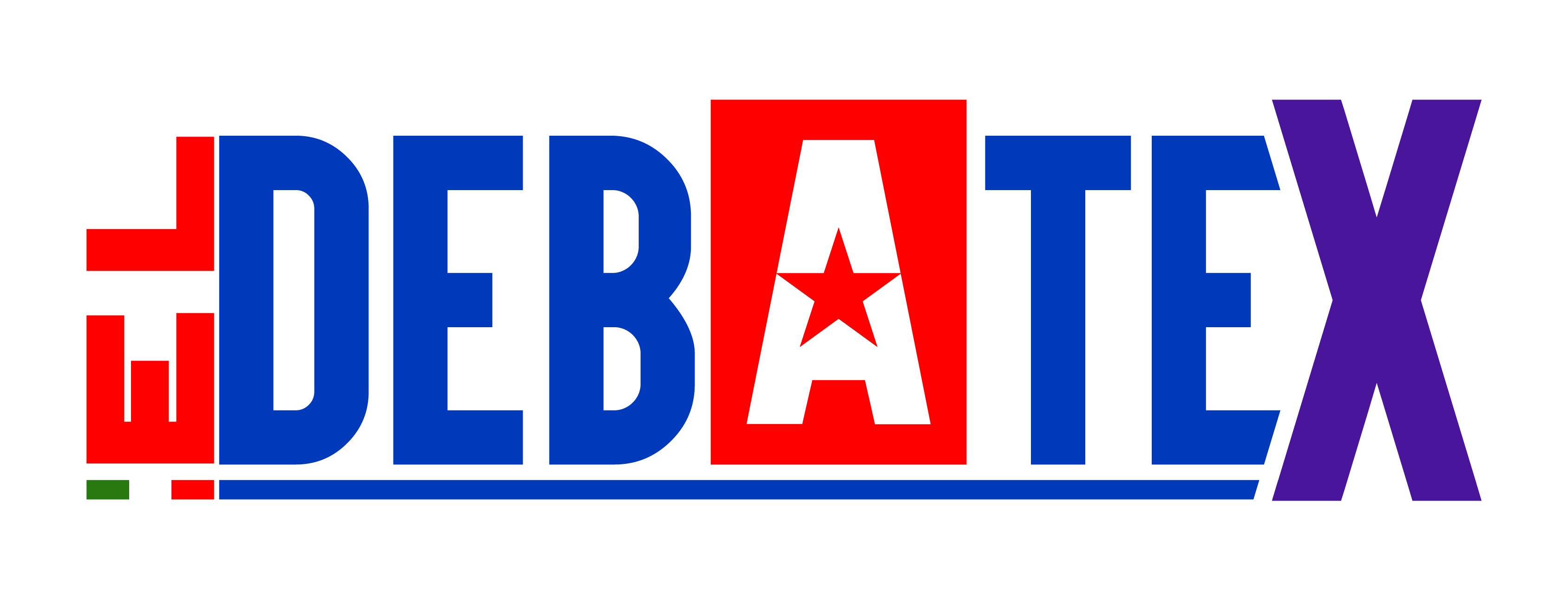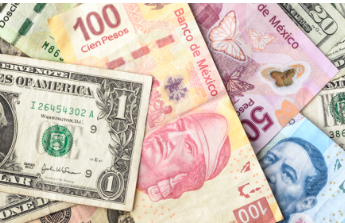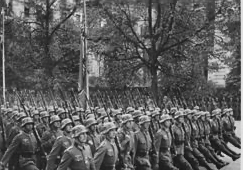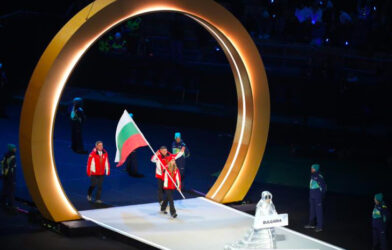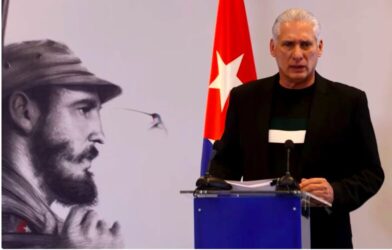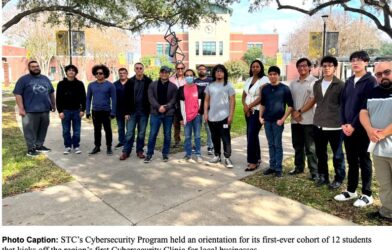IN SUMMARY

by Alfredo Cuéllar
“Where politics falls silent,
Micropolitics whispers
—and sometimes, that whisper
changes the course of history.”
Immediate Context: Sanctions, Accusations, and Institutional Asphyxiation
At the end of June 2025, the United States government—now under Donald Trump’s second presidential term—announced financial sanctions against three Mexican institutions (CIBanco, Intercam, and Vector Casa de Bolsa), accusing them of facilitating money laundering linked to fentanyl trafficking between China and North America. In addition, the U.S. began revoking visas and applying restrictions to individuals close to Mexican political circles, following a hardline policy based on Executive Order 14059.
Although Mexico has not been officially labeled an “enemy,” the facts reveal a clear political and economic pressure strategy, masked as national security and anti-narcotics enforcement. In response, the Mexican government has demanded evidence and intervened in some institutions to protect the financial system.
This escalation not only strains bilateral relations but places Mexico in an ambiguous and dangerous position: pressured externally by a U.S. administration imposing its logic and constrained internally by a national regime caught between continuity and soft authoritarianism. Amid this storm, education emerges as both a symbolic and strategic battleground.
Polarization
Amid a tense and polarized geopolitical landscape, Mexico seems caught between two fires: the internal reconfiguration led by Claudia Sheinbaum, marked by both continuity and rupture with López Obrador’s legacy; and Donald Trump’s second term, now with a clearer ultraconservative and authoritarian project—Project 2025. This scenario represents not only a diplomatic and political challenge, but also an educational crossroads.
As power discourses radicalize, the classroom becomes a critical space where a deeper battle is fought: the battle for common sense. Education—especially as experienced in everyday school life—is the terrain where authoritarian logic, binary thinking, and emotional misinformation are either reproduced or resisted. From the perspective of Micropolitics, understood as the study of power in its most subtle and daily manifestations, this battle demands new tools for analysis, intervention, and civic formation.
The Power of Humility as Pedagogical Resistance
In times where power is exercised through arrogance and insult, teaching our students the Power of Humility—as proposed by Micropolitics—is a form of resistance. It is not submission, but a strategic stance confronted with dignity. This way of exercising power creates cognitive dissonance in authoritarian structures, capable of destabilizing from the inside, through conscience rather than violence. Forming leaders with this vision breaks the cycle of arrogance.
Identifying the Internal Enemies of Critical Thinking
While public discourse obsesses over external enemies, Micropolitics reminds us that the most dangerous enemies of education are internal: teacher resignation, fear of dissent, mechanical obedience to the curriculum. Fighting these silent enemies is key to unleashing critical thinking in Mexican classrooms. It’s not enough to denounce populisms; we must also examine school rituals that unintentionally replicate them.
The Right Time to Act Through Education
In Micropolitics, time is not neutral: power is either activated or diluted depending on when it is exercised. Today, as populisms have ceased to be threats and become real structures of power, this is the precise pedagogical moment to open spaces of awareness. Conflict should not be avoided—it should be leveraged as a catalyst for thought. Forming critical citizenship in this context is not optional; it is a strategic urgency.
Conclusion
Mexico is being pushed toward a perverse simplification: either you’re with the government or with the enemy. In this dilemma, education and Micropolitics must break dichotomies and open nuance. Only through the formation of free, lucid, and strategic consciences can we build a country that bows to no extreme, but walks toward its own center of dignity, thought, and future.
Dr. Alfredo Cuéllar is the father of Micropolitics, an international expert and retired professor from Fresno State University. His articles focus on migration, politics, sociology, culture, and current affairs. Comments and inquiries: alfredocuellar@me.com




